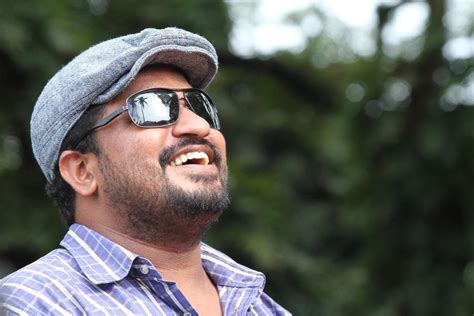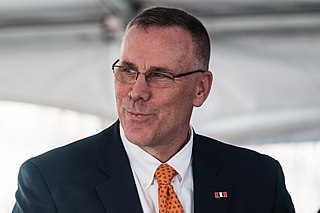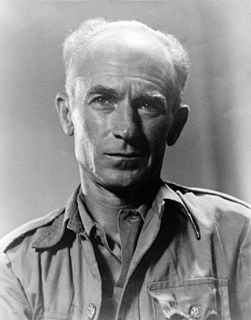A Quote by Dileesh Pothan
In 'Maheshinte...' fight is the central aspect of the story - a man who is assaulted physically in front of his own townsfolk and how he fails miserably. Humiliated, fighting back his honor becomes the sole reason behind his existence.
Related Quotes
Private property is a natural fruit of labor, a product of intense activity of man, acquired through his energetic determination to ensure and develop with his own strength his own existence and that of his family, and to create for himself and his own an existence of just freedom, not only economic, but also political, cultural and religious.
Let no one imagine that he will lose anything of human dignity by this voluntary sell-out of his all to his God. He does not by this degrade himself as a man; rather he finds his right place of high honor as one made in the image of his Creator. His deep disgrace lay in his moral derangement, his unnatural usurpation of the place of God. His honor will be proved by restoring again that stolen throne. In exalting God over all, he finds his own highest honor upheld.
I will talk about Baker Mayfield. I like everything about his makeup. I like how his teammates really rally behind him. I like his eyes downfield. I like his accuracy with his deep throws. I like how he shows that fighter's spirit; when it comes time to come back, he's fighting through to come back, and I applaud those things.
Modern man lives isolated in his artificial environment, not because the artificial is evil as such, but because of his lack of comprehension of the forces which make it work- of the principles which relate his gadgets to the forces of nature, to the universal order. It is not central heating which makes his existence 'unnatural,' but his refusal to take an interest in the principles behind it. By being entirely dependent on science, yet closing his mind to it, he leads the life of an urban barbarian.
The result of observing only the universe is anxiety. Only observing the Observer of the universe will put a stop to a man's worrying and fussing and scheming. When his interest is diverted inwards he naturally relaxes his hold - his stranglehold - on the outer world. Having withdrawn his capital and paid it into his own Central Bank (where it appreciates to infinity), he has nothing to lose out there and no reason for interfering. He knows how to let things be and work out in their own time. He's in no hurry. Knowing the Self, he can hardly fail to trust its products.































